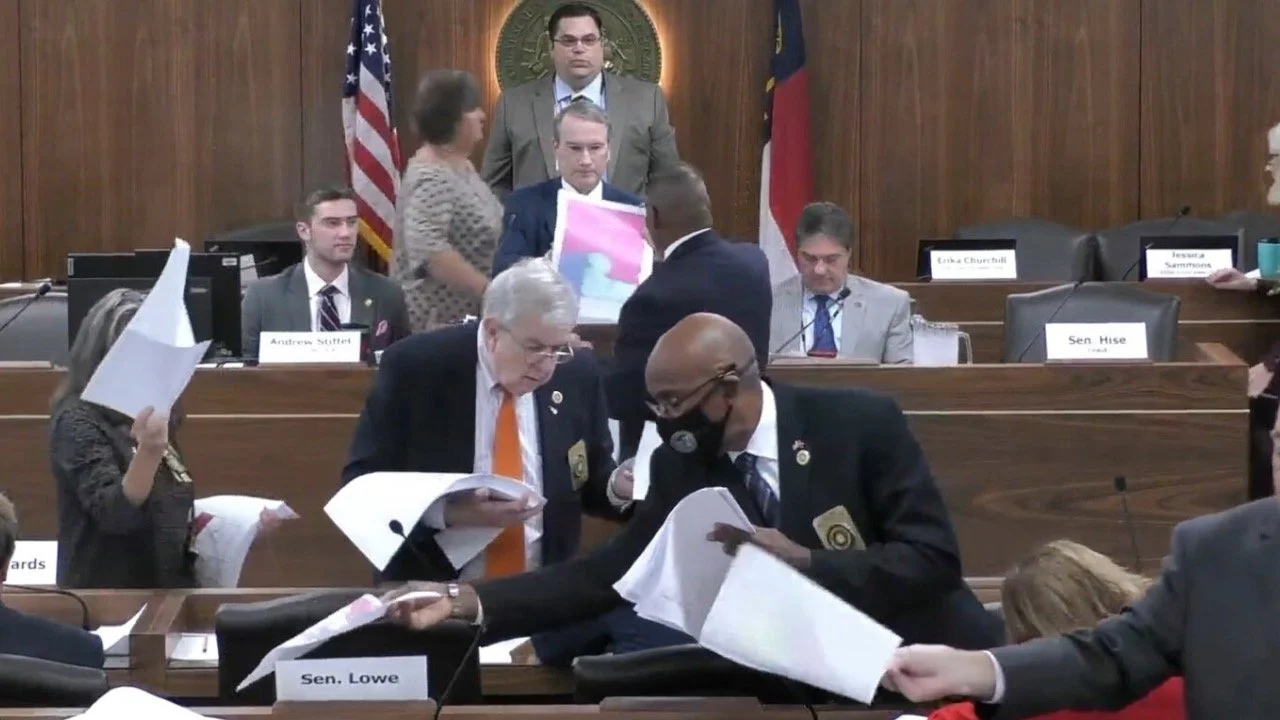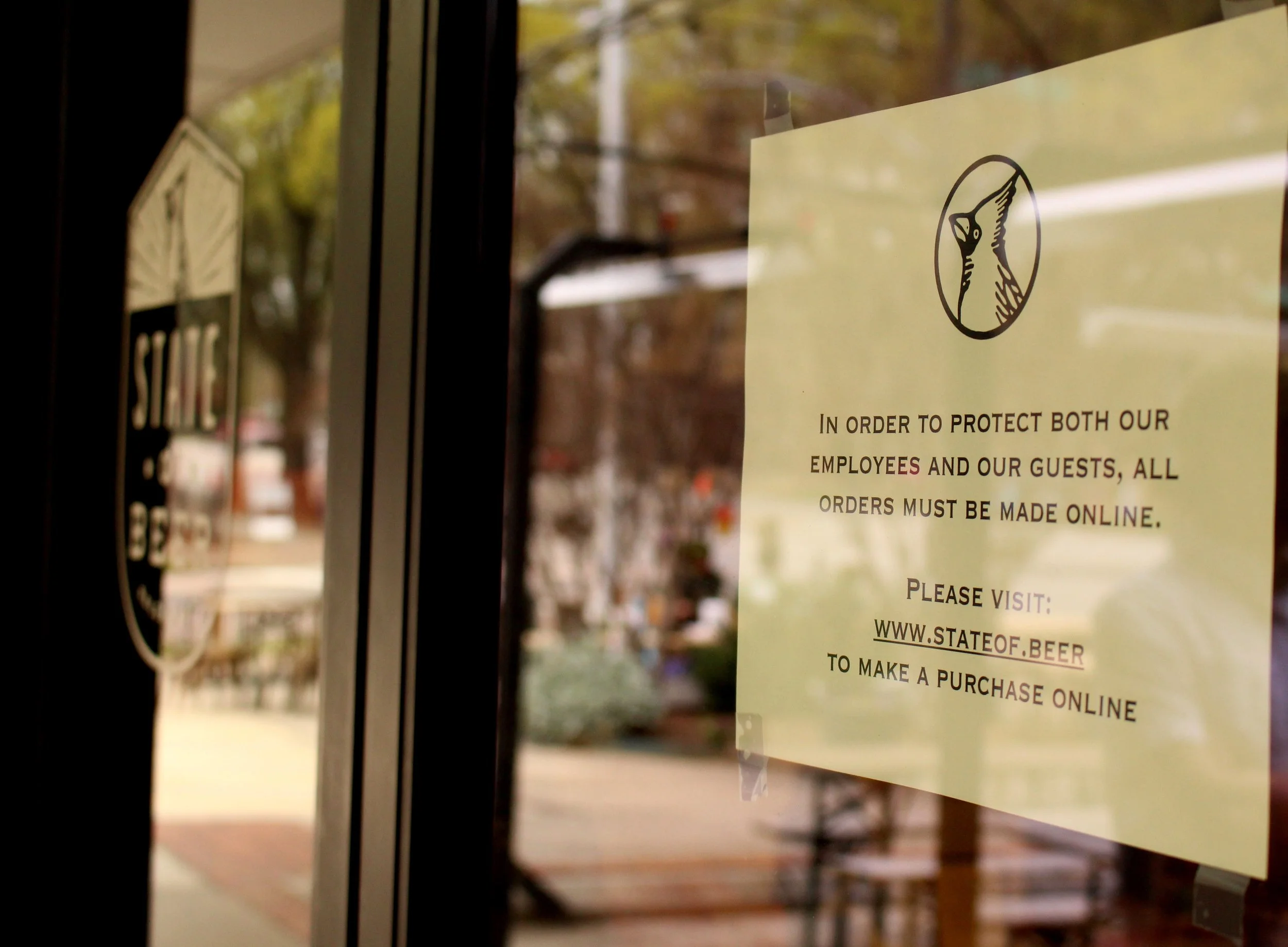Taxpayer advocates hope latest broadband grants go to unserved areas
By Johnny Kampis, Carolina Journal
Applications are open for North Carolina’s government broadband grants. Taxpayer advocates hope the money is spent in the right places.
Gov. Roy Cooper’s office recently announced that qualified internet service providers and electric cooperatives can now apply for the recent round of Growing Rural Economies with Access to Technology (GREAT) grants. Up to $350 million will be provided to expand high-speed internet in the state this year, the largest amount yet thanks to the infusion of federal dollars from the American Rescue Plan.
“High-speed internet is critical for North Carolinians to be able to work, learn, run a business or access health care,” Cooper said. “We want all communities in our state to have these opportunities and this round of grants is an important step toward closing the digital divide, especially in rural areas.”
The GREAT grant program, administered by the N.C. Department of Information Technology’s Division of Broadband and Digital Equity, provides matching grants to eligible applicants for expanding broadband access to unserved areas of the state. Since launching in 2018, the program has invested $56 million in tax dollars and an additional $35 million in private investment to connect more than 40,000 households and businesses to high-speed internet.
Cooper has proposed using nearly $1 billion in federal funds in the next few years to rapidly grow broadband infrastructure in unserved areas, with a goal of providing speeds significantly higher than the Federal Communications Commission’s current broadband standard of 25 Mbps download and 3 Mbps upload – Cooper’s goal is 100/20 Mbps in more than 95 percent of North Carolina households.
Jon Sanders, research editor and senior fellow, Regulatory Studies at John Locke Foundation, told Carolina Journal these types of programs always raise concerns of taxpayer waste, especially given the amount of money being distributed. Overbuilding can be an issue with such grant programs, with funds not going where they are most needed. Sanders hopes that won’t be the case with the GREAT grants.
“The GREAT grant program is supposed to focus on unserved and remote rural areas in the poorer counties, although they could also go to lesser developed areas in wealthier counties,” he said. “If approvals stay focused to the program’s original intent, it should encourage broadband expansion into the unserved areas of the state.”



